-
Cooking Oil:
- Use Mustard Oil as a cooking oil for stir-frying, sautéing, and deep-frying. Its high smoke point makes it suitable for high-heat cooking methods.
- It adds a distinct flavor to dishes and is commonly used in Indian, Bangladeshi, and Pakistani cuisines.
-
Seasoning and Dressings:
- Drizzle Mustard Oil over salads, vegetables, or grilled meats for added flavor.
- Mix Mustard Oil with spices, herbs, or vinegar to create homemade salad dressings or marinades.
-
Pickling:
- Mustard Oil is often used in pickling vegetables, fruits, and meats. Its unique flavor enhances the pickling process and preserves foods.
Health and Wellness:-
-
Massage Oil:
- Warm Mustard Oil slightly and use it as a massage oil. Its warming properties can help relax muscles, improve circulation, and relieve joint pain.
- Add a few drops of essential oils like lavender or peppermint for added relaxation and aromatherapy benefits.
-
Hair Care:
- Massage Mustard Oil into the scalp and hair to nourish and condition. It can help promote hair growth, reduce dandruff, and add shine to the hair.
- Leave the oil on for at least 30 minutes before shampooing as a deep conditioning treatment.
-
Skin Care:
- Apply Mustard Oil topically to the skin as a moisturizer or massage oil. Its antibacterial and anti-inflammatory properties can help soothe dry skin, eczema, or minor skin irritations.
- Use it as a natural lip balm by applying a small amount to dry or chapped lips.
Household Uses:-
-
Wood Polish:
- Mix Mustard Oil with a small amount of vinegar or lemon juice to create a natural wood polish. Apply to wooden furniture or surfaces for a glossy finish.
-
Metal Polish:
- Use Mustard Oil to polish metal surfaces such as brass or copper. Apply a small amount and buff with a soft cloth for a shine.
Here are some common uses and its effectiveness:-
Culinary Uses:
-
Cooking Oil: Mustard oil is a popular cooking oil in many cuisines, especially in Indian, Bangladeshi, and Pakistani dishes. It has a high smoke point, making it suitable for frying, sautéing, and deep-frying.
-
Flavor Enhancer: Mustard oil adds a distinct and pungent flavor to dishes. It is often used in marinades, dressings, curries, and pickles to enhance taste and aroma.
-
Pickling: Mustard oil is commonly used in pickling vegetables, meats, and fish. Its strong flavor helps preserve foods and contributes to the pickling process.
Effectiveness:
-
Heart Health: Consuming mustard oil in moderation as part of a healthy diet can contribute to heart health by improving cholesterol levels and reducing the risk of cardiovascular diseases.
-
Anti-inflammatory: Topical application of mustard oil can provide relief from joint pain, arthritis, and muscle soreness. Its warming properties help relax muscles and improve mobility.
-
Hair and Skin Care: Mustard oil is effective in promoting hair growth, reducing dandruff, and improving skin health. Regular use can lead to stronger, healthier hair and smoother, clearer skin.
Mustard oil is generally safe for most people when used in moderate amounts for culinary or topical purposes. However, like any natural product, it may cause side effects in some individuals, especially when used excessively or inappropriately. Here are some potential side effects and precautions to consider:-
-
Skin Irritation: Mustard oil can cause skin irritation, redness, or rash in some people, especially those with sensitive skin. It is recommended to dilute mustard oil with a carrier oil (such as coconut oil, olive oil, or almond oil) before applying it to the skin. Perform a patch test on a small area of skin before using it extensively to check for any allergic reactions or sensitivity.
-
Eye Irritation: Avoid getting mustard oil in the eyes, as it can cause irritation and discomfort. If accidental contact occurs, rinse the eyes thoroughly with water and seek medical attention if irritation persists.
-
Digestive Discomfort: Consuming large amounts of mustard oil internally may lead to digestive discomfort, including stomach pain, nausea, or diarrhea. Use mustard oil in moderation for culinary purposes and consult a healthcare professional if you experience any digestive issues after consumption.
-
Allergic Reactions: Some individuals may be allergic to mustard seeds or mustard oil. Allergic reactions may include itching, swelling, hives, or difficulty breathing. If you have known allergies to mustard or other related substances, avoid using mustard oil or consult a healthcare professional before use.
-
Photosensitivity: Mustard oil may increase skin sensitivity to sunlight (photosensitivity) in some individuals. This can lead to sunburn or skin damage when exposed to sunlight after topical application of mustard oil. Use sunscreen or protective clothing when going outdoors after using mustard oil topically.
Here are some special precautions and warnings to consider when using mustard oil:-
-
Skin Sensitivity: Mustard oil can be irritating to the skin, especially when used undiluted or in high concentrations. It's important to dilute mustard oil with a carrier oil (such as coconut oil, olive oil, or almond oil) before applying it to the skin. Perform a patch test on a small area of skin before using it extensively to check for any allergic reactions or sensitivity.
-
Eye Irritation: Avoid getting mustard oil in the eyes, as it can cause irritation and discomfort. If accidental contact occurs, rinse the eyes thoroughly with water and seek medical attention if irritation persists.
-
Digestive Discomfort: Consuming large amounts of mustard oil internally may lead to digestive discomfort, including stomach pain, nausea, or diarrhea. Use mustard oil in moderation for culinary purposes and consult a healthcare professional if you experience any digestive issues after consumption.
-
Photosensitivity: Mustard oil may increase skin sensitivity to sunlight (photosensitivity) in some individuals. This can lead to sunburn or skin damage when exposed to sunlight after topical application of mustard oil. Use sunscreen or protective clothing when going outdoors after using mustard oil topically.
-
Pregnancy and Breastfeeding: Pregnant women and breastfeeding mothers should use mustard oil cautiously and in moderation. It's advisable to consult a healthcare professional before using mustard oil internally or extensively on the skin during pregnancy or while breastfeeding.

22354205.jpg) Wellness
Wellness EYES
EYES Wellness
Wellness ACR
ACR BEST PRODUCT
BEST PRODUCT Hair Oil
Hair Oil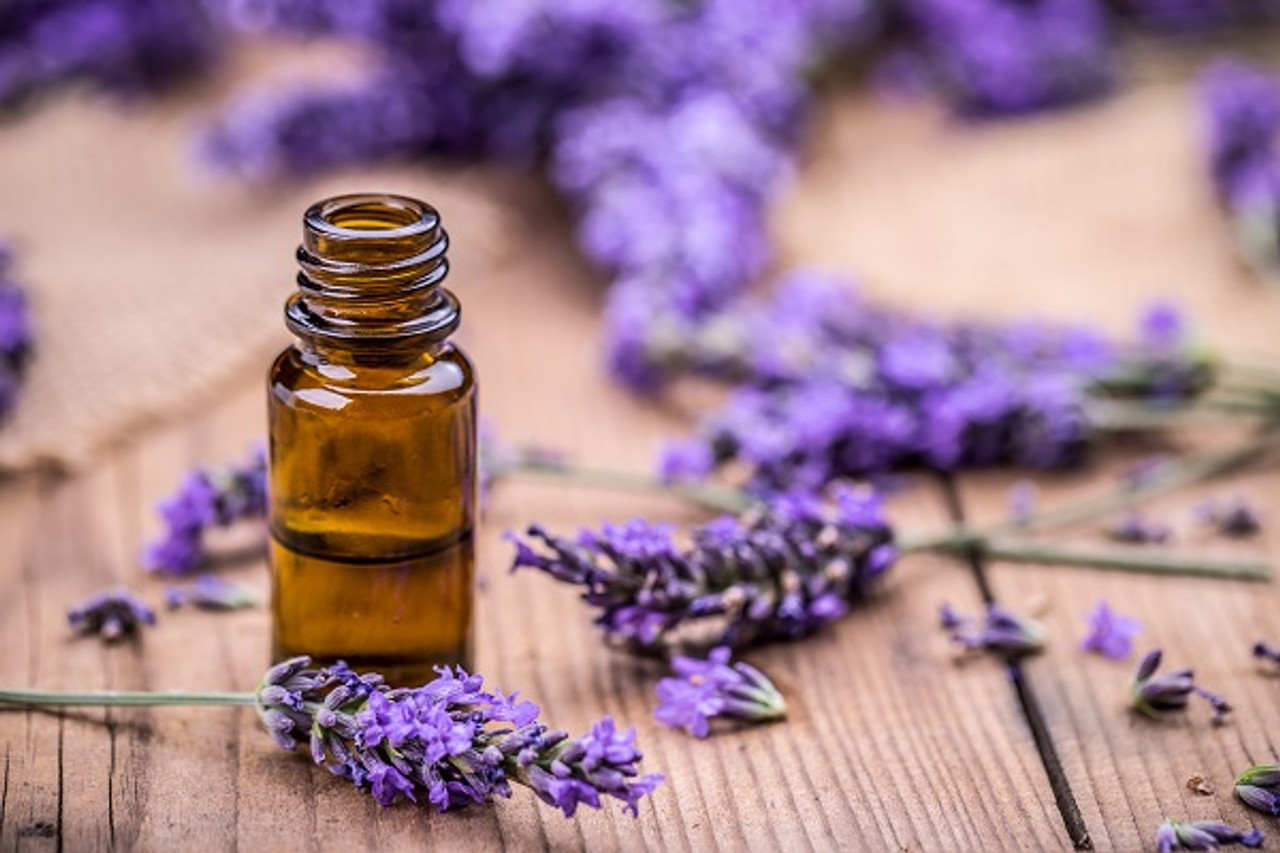 Immunity
Immunity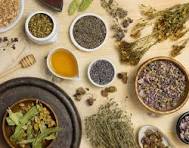 Health Related Issues
Health Related Issues abc
abc Hair Fall
Hair Fall Sensuality
Sensuality Hair oil
Hair oil Hair Growth
Hair Growth NFC
NFC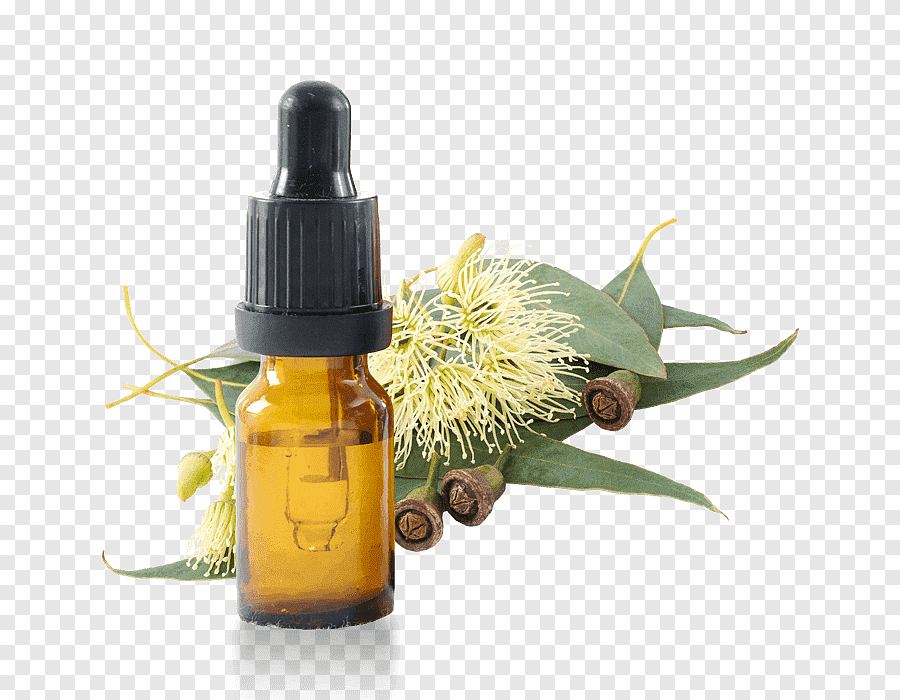 Health Related Issues
Health Related Issues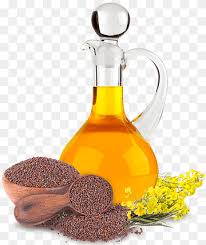
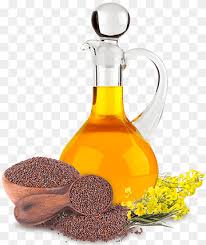
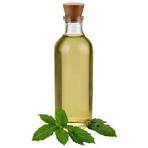
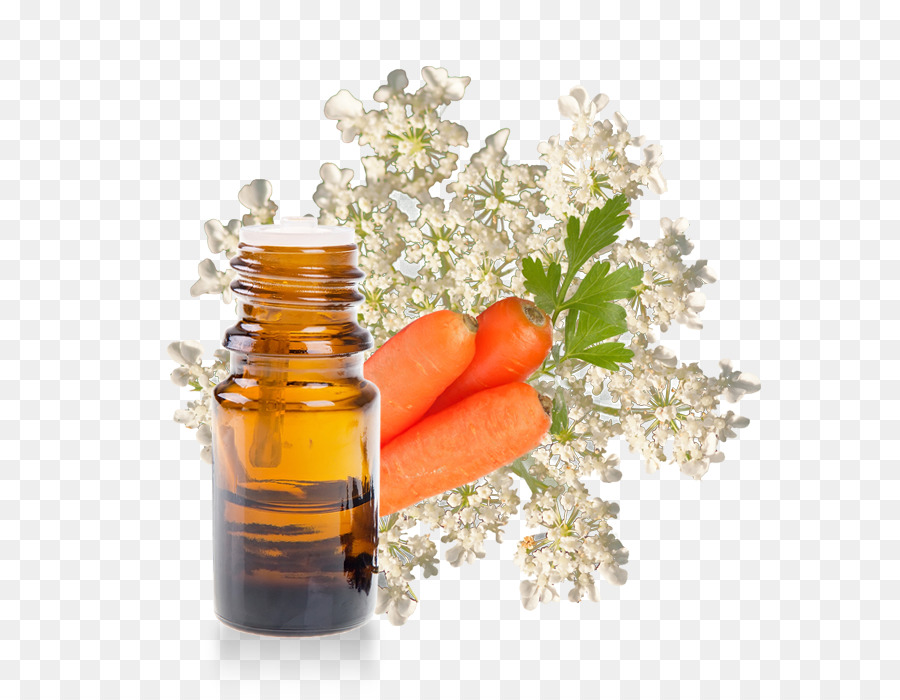
22354205.jpg) Lower
Lower abc
abc wellness
wellness Hair Fall
Hair Fall Skin Care
Skin Care Sensuality
Sensuality Carry
Carry Hair oil
Hair oil Gray to Black
Gray to Black Hair Growth
Hair Growth Sexual Wellness & Sensuality
Sexual Wellness & Sensuality NFC
NFC Lavender
Lavender Health Related Issues
Health Related Issues Natural Herbs
Natural Herbs Immunity
Immunity Joints Pain
Joints Pain Diabetic Issues
Diabetic Issues Skin,Fever,Cancer
Skin,Fever,Cancer Heart Related Issues
Heart Related Issues
Customer questions & answers
Customer reviews
4.8 out of 5